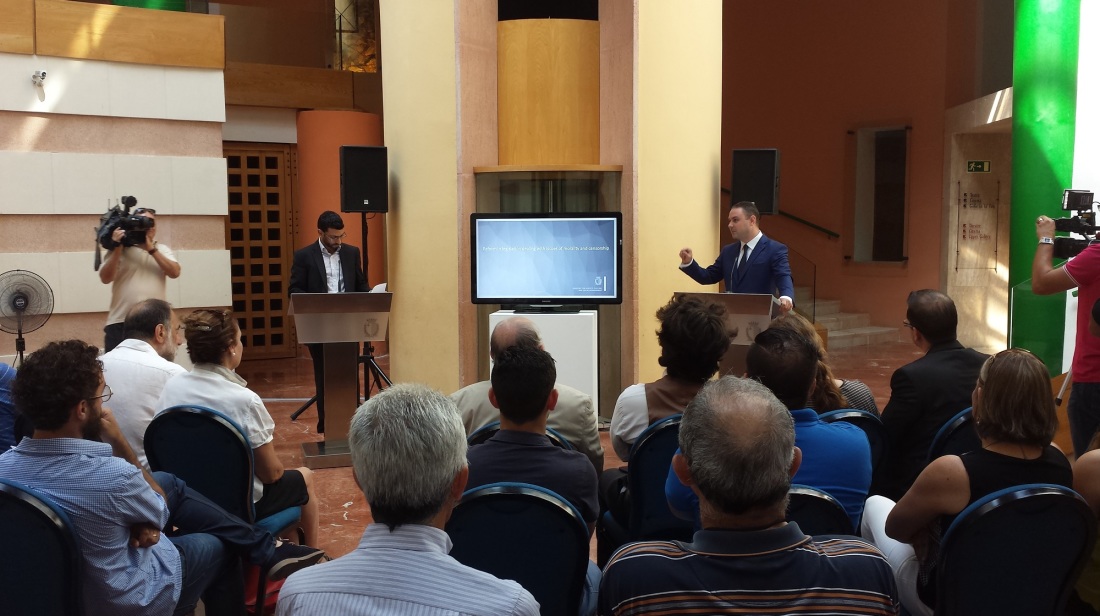Minister for Justice, Culture and Local Government Owen Bonnici, together with Mark Camilleri, this week announced that a draft proposal to reform obscenity, blasphemy and pornography laws will be presented to Parliament for approval. The new laws will help reduce censorship of art, thus boosting artistic expression.
Article 208, which was included in the 1975 Criminal Code, prohibited articles that contained and emphasised horror, sex, crime, violence and cruelty, is to be reformed. The amended Article 208 would impose a prison sentence lasting for three-years and a €6,000 fine for extreme pornography, colloquially known as snuff, which includes bestiality, necrophilia and explicit displays of rape, while at the same time creating a distinction between pornography and art, erotic or otherwise. Thus, literature, film, or other art forms will not be subjected to Article 208, and therefore artists will not face legal action.
In the past, Article 208 has been used to restrict artistic freedom such as in the case of the University paper Ir-Realta`, in which author Alex Vella Gera and editor Mark Camilleri were prosecuted for offending public morals by publishing content of a sexually explicit nature. Vella Gera and Camilleri were later cleared of the charges against them.
Articles 163 and 164 of the criminal code, which were updated in 2014, are also set to be removed. Articles 163 and 164 prohibited the vilification of religion and were, in the past, used to prosecute artists who employed religious-related satire in their work. However, even though these articles will be removed, penalties related to disturbing the peace or interfering with religious ceremonies have increased in the new package of law.
With the introduction of these new reforms, art, especially literature and the visual arts, is less likely to be subjected to censorship, thus guaranteeing more artistic expression.

